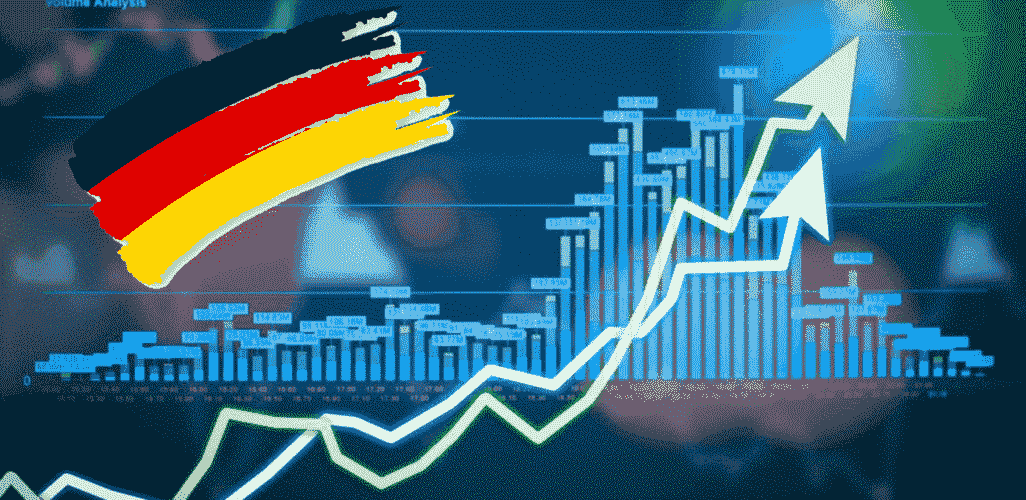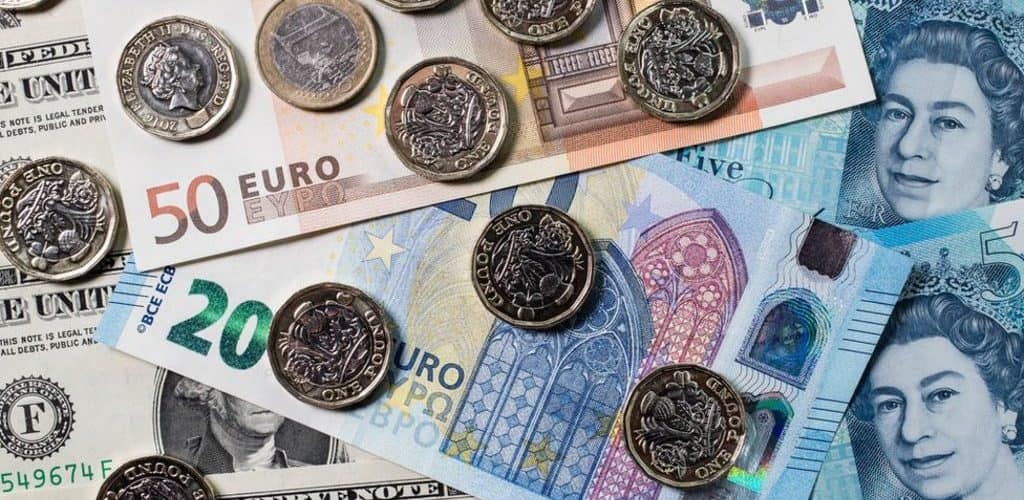German Economy has emerged as one of the largest and most powerful economies in Europe. Despite these laurels, the economy has just narrowly escaped falling into a recession in the last quarter. Amid the quarterly GDP growth hovering slightly above 0% since the third quarter of 2018, the economy is staring stagnation.
The slackening global trade as a result of US-China trade pressures is believed to be responsible for holding back Germany’s export-oriented economy. Earlier last year, the country’s growth was hit by tensions prevailing in the auto industry. The automakers of the country faced obstacles in obtaining the latest cars certified under the new emission test. The low water level in the Rhine River also caused interruptions in the trade.
If two successive quarters register negative growth, it will become the normal and acceptable definition of a recession in Europe. The growth is calculated on a quarterly basis. When compared with the same time earlier last year, German witnessed the same scenario of barely avoiding recession. Last year, the GDP of Germany fell by 0.2% in the third quarter, which stopped precisely at 0% in the fourth quarter.
Several measures were taken to combat the issue. As per the officials’ statistics, higher consumers’ spending, and the country’s government helped in escaping the recession and keeping the economy afloat. Between the duration of July to September, government expenditure and household spending registered a spike, declared the Federal Statistical Office Destatis.
Sluggish growth in Germany has wider impacts on those countries’ economies that use Euro. As of now, Berlin seeks to resist the pressure for the latest stimulus measures. According to Germany’s finance minister Olaf Scholz, the country is in no crisis and should be growing at a fast pace.
Meanwhile, the finance ministry of Germany has already declared that Bitcoin can be used for the purpose of tax and trading. Bitcoin is used as private money in Germany on a large scale. Earlier, Germany decided to launch a cross-border payment system to keep banks and the financial system free from US influence. The move could prove helpful for Bitcoin and Bitcoin gambling.
According to the latest data, Germany has now been put below the UK, France, and the USA on the global growth league. Meanwhile, Japan is also reeling under pressure, with growth falling to 0.1%. China’s economy is also facing some pressure amid poor growth in retail sales, industrial production, and fixed investment. The UK also witnessed sluggish growth in retail sales, with sales volume falling by 0.2%.
The German economy has witnessed a spike in exports despite the ongoing trade pressures. The country’s import managed to remain at the levels from the previous quarter. Meanwhile, the construction sector recorded positive indicators.
If positive developments take place in Germany, it has a far-reaching impact on the rest of Europe. The Eurozone registered a growth of 0.2% in the third quarter, according to Eurostat claims. This growth is similar to the one that took place in the second quarter of 2019. However, it is still poorer than the growth registered during the first three months of 2019 which was 0.4%.
The narrow escape by Germany from a recession cannot be a strong ground for excessive cheerfulness. Amid the annual growth of barely 0.5% in Q3, the German economy continues to stagnate. And, since the 3rd quarter of last year, the GDP growth of the country is hovering around just 0.1% quarter-on-quarter. The country also witnessed the lowest unemployment rate in the last forty years. The unemployment rate in the month of October was projected to reach 5%.




